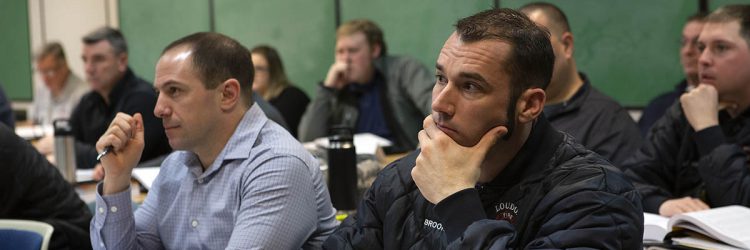Meaningful Measurements: Test Item Writing-Virtual
Virtual (no location)Locations: All in-person sessions will be held at the Richard M. Flynn Fire Academy, 98 Smokey Bear Blvd, Concord, NH 03301. Links to the online sessions will be sent out the week prior to the start date. Portions of sessions may be recorded and made available online at a later date. Workshops require participants to bring an element of their practice to work on. Course Contact: For more information about these sessions, contact Max Dodge, FSTEMS Curriculum Administrator at, Peter.M.Dodge@dos.nh.gov or (603) 369-7980



